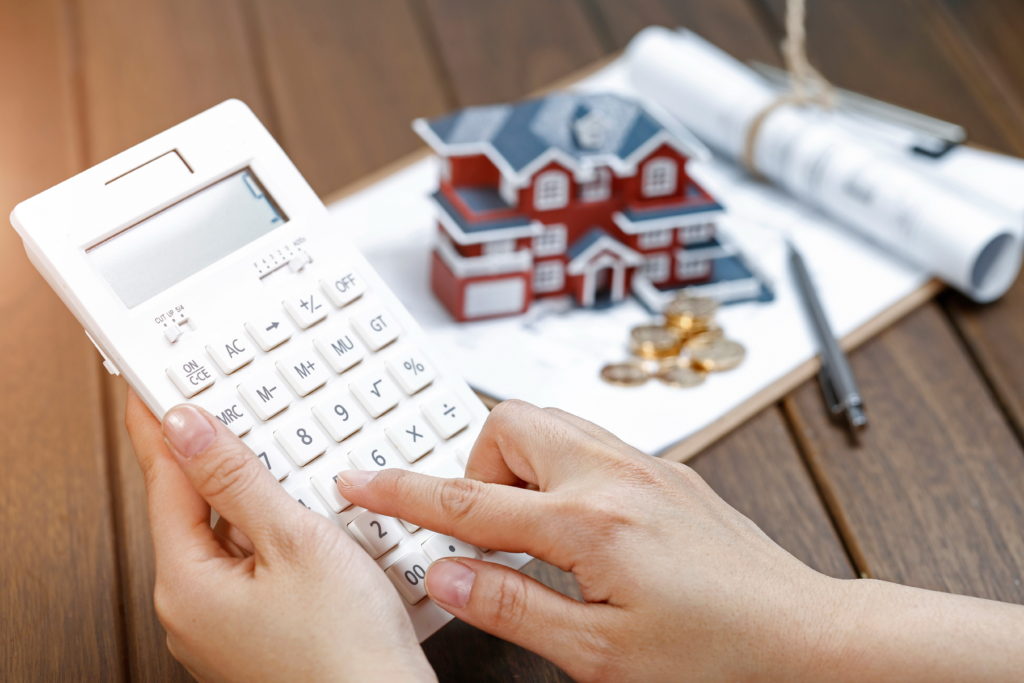By now, many of us are feeling the negative impact of the economic instability caused by the COVID-19 pandemic. Some are so deeply affected that they lost their workplace without being able to find a new one.
If you’re in a very precarious financial situation, your home equity may be the biggest (or only) asset you have. But should you really choose a reverse mortgage right now?
How can you know whether it’s the right thing for your present and future? Today, we’ll discuss every possibility along with 3 key signs it may be the best option you have.
Who might need a reverse mortgage?
Ideally, someone should opt for reverse mortgage in order to solve long-term problems.
In order to be eligible for this option, you must own your home or be very close to paying it off. Your equity should also be large enough for you to have a lump-sum monthly payment or a credit line that’s reasonable once you finish paying for your existing mortgage balance (if you have one).
Generally, the wisest solution is to seek professional reverse mortgage counseling or getting quotes from at least three lenders.
If you’re unpleased with the sums you can get from a reverse mortgage for various reasons, you should probably choose an alternative.
One example would be simply selling your home, since this option allows you to cash out all of the equity and not just a percentage of it (as it happens with a reverse mortgage).

3 key signs a reverse mortgage works for you
1. Your Spouse is at least 62
The first rule of a reverse mortgage is that you must be at least 62 years old. However, if you’re married and your spouse is younger, you might want to reconsider getting a reverse mortgage.
If you’re going to pass away first, your spouse can’t receive any reverse mortgage proceeds anymore. In other words, is you set up your reverse mortgage in a monthly income stream or a credit line, your spouse can’t access it anymore once you’re gone. This is especially important if you’re counting on this monthly sum.
If both you and your spouse are older than 62, though, this might be the right option. Even so, if you don’t need this type of money urgently, you may figure out a different solution before opting for such a complicated loan.
2. You’re not planning to bequeath your home
Some people don’t have any family members to leave their home to; others have successful children or relatives who wouldn’t benefit as much from inheriting your home. If you’re in a similar situation, it means you’re not planning to bequeathing your home.
Once you pass away, your loan instantly becomes due and payable. If any of your heirs wish to take the home, they must pay the reverse mortgage balance to the lender; however, it might not always be an option depending on the heirs’ financial situation.
If none of your heirs will purchase your home, the lender will simply sell it on the open market to retrieve the money they have lent you through reverse mortgage. Even if there will be a negative balance between the sale proceeds and your loan, the Federal Housing Administration insurance will cover it.
Therefore, if you’re not intending to leave your home to any family members, getting a reverse mortgage can be a good option.

3. You can afford the costs
If you want to get a reverse mortgage, it’s mandatory that you pay property taxes, homeowner’s insurance and home maintenance to date.
Fall behind with these options and your lender can declare the loan due and payable anytime. After a certain point, county tax authorities can even take possession of your home and sell it to recoup the taxes owed.
As a side note, not paying the homeowner’s insurance premiums is also very risky for your home. In case of a fire, for example, you have no insurance to pay the costs of repairing or rebuilding the property. Your lender obviously doesn’t want to take this chance, which is why paying this type of insurance is essential.
The same goes for your home maintenance, as it can also cause the home to lose value. For instance, if you don’t replace a damaged roof, rain or snow can cause extensive water damage.
In the end, it all comes down to your current financial needs, age and future plans. The most important aspect is to take your time and consider every alternative before opting for such a significant commitment.


























